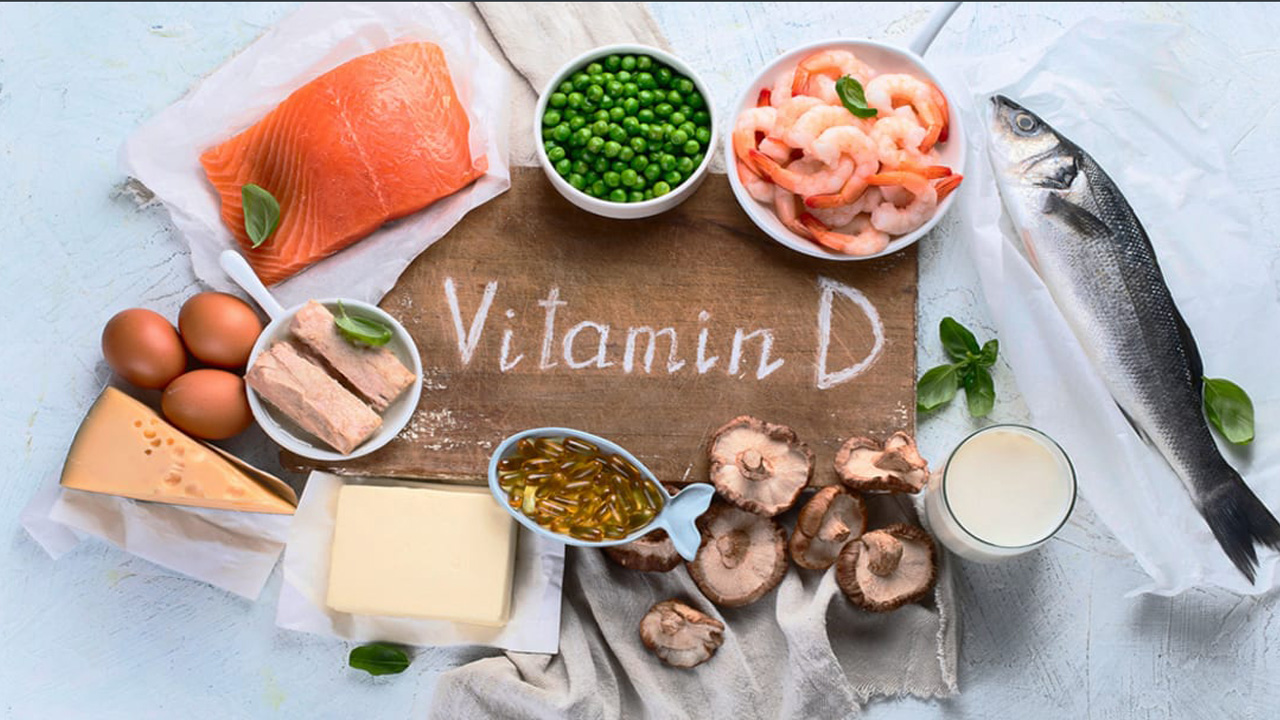The professional perception of vitamin D as a medicine, rather than as a key nutrient, is constraining practice and jeopardising the health of elderly care home residents in England, conclude researchers in the journal BMJ Nutrition Prevention & Health.
At a time when the vulnerability of elderly care home residents is under the spotlight because of the impact of COVID-19, an urgent review is needed of the nutritional guidelines and regulations around the use of the vitamin, they argue.
The main source of vitamin D is exposure to sunlight, levels of which plummet during the winter in many countries in the northern hemisphere. With a few major food sources, it’s difficult to get enough vitamin D from diet alone, and vitamin D deficiency in care homes is widespread in many parts of the world, say the researchers.
Vitamin D is essential for good bone health and is thought to have a role in immunity, cardiovascular health, neurological conditions, respiratory infections, lung function and cancer. Most recently, it has been linked to susceptibility to, and severity of, COVID-19.
People who spend less time outdoors, such as the elderly in residential care, or who regularly cover up their skin, or who have darker skin tones, are all at heightened risk of vitamin D deficiency.
Vitamin D supplements have been recommended for care home residents for nearly 30 years. In 2016, recommendations for daily vitamin D supplements were extended to the entire population in the winter months, and throughout the year for those living in care homes.
National bodies from around the world have issued similar recommendations for care home residents, including Australia, Canada, France, Norway, New Zealand and the USA.
In a bid to better understand thinking and practice around the use of vitamin D, the researchers conducted semi-structured interviews with 13 people involved in elderly residential care in two different areas of South East England.
Participants included 4 family doctors (GPs), 4 care home managers, a dietician, a falls specialist, 2 public health practitioners/managers, and a senior doctor in elderly care.
None was aware of any care home routinely prescribing vitamin D supplements to its residents. And although vitamin D supplements are regulated as foods, they were nevertheless regarded as medicines.
Interviewees considered that GPs were responsible for the vitamin D status of elderly care home residents, with prescriptions only written in response to falls or a diagnosis of vitamin D deficiency or osteoporosis rather than as maintenance or preventive treatment, which reflects current NHS guidance.
Care home staff said they would feel vulnerable to malpractice allegations if they routinely provided over-the-counter vitamin D supplements to their residents: they felt this was beyond the scope of their role and expertise.
And there was considerable ambiguity about who should provide and bear the cost of these supplements, although most felt this was GPs’ responsibility as prescribers, and that any change would have financial implications for care homes or the residents and their families.
What’s more, NHS guidance advises against the routine prescription of vitamin D because supplements can be bought easily and cheaply over the counter.
Apart from the dietitian, none of the interviewees seemed familiar with the recommendation that all elderly care home residents should receive vitamin D supplements without the need for a confirmatory blood test, which itself costs more than a year’s supply of supplements.
And not everyone was aware that diet and sunlight can’t provide adequate vitamin D levels even for the general population in the UK during winter months.
Current nutritional recommendations for supplementary vitamin D also heavily rely on personal responsibility, the researchers point out.
“It is questionable whether this is appropriate in populations with limited autonomy,” they say, especially as it effectively creates “a two-tier system, discriminating against those with the least cognitive independence.”
The researchers acknowledge the small size of their study, but the fact that participants referred to national policy drivers as key determinants of current practice suggests the finding may be generalisable more widely in England, they suggest.
“The COVID-19 pandemic has brought conditions in care homes into the public eye and on to the political agenda. While practices in care homes are in the spotlight there is an urgent need for action to ensure vitamin D recommendations can be applied in care homes,” they write.
“The medical framing of vitamin D supplements in care homes is a practical barrier to implementation of longstanding nutrition guidelines. A paradigm shift is needed so that vitamin D is understood as a protective nutrient as well as a medicine, and public health as well as a medical responsibility,” they conclude.
Commenting on behalf of the NNEdPro Global Centre for Nutrition and Health, the think tank which co-founded this journal, Professor Sumantra Ray, it's Executive Director, said: "This research re-emphasises the role of vitamin D in health, an issue that has become even more relevant, given the growing body of evidence, including research published in this journal suggesting that it may help lower the risk of COVID-19 infection and/or ease the severity of symptoms, particularly among those at highest risk.”
Shane McAuliffe, Science Comms Lead for the NNEdPro COVID-19 Taskforce, which was set up to translate nutritional evidence into best practice in the pandemic, adds: “We also know that an adequate level of vitamin D is key to the maintenance of good general health, and deficiencies can only be picked up by proactive testing, or when this isn't feasible, by adopting a preventive approach in line with Public Health England guidelines.
“This means providing those who may not be able to obtain sufficient vitamin D through sunlight alone with vitamin D supplements throughout the year. That includes care home residents and certain ethnic minority groups."

 Professional view of vitamin D as medicine jeopardising elderly care home residents’ health
Professional view of vitamin D as medicine jeopardising elderly care home residents’ health











.jpeg)











.jpg)








